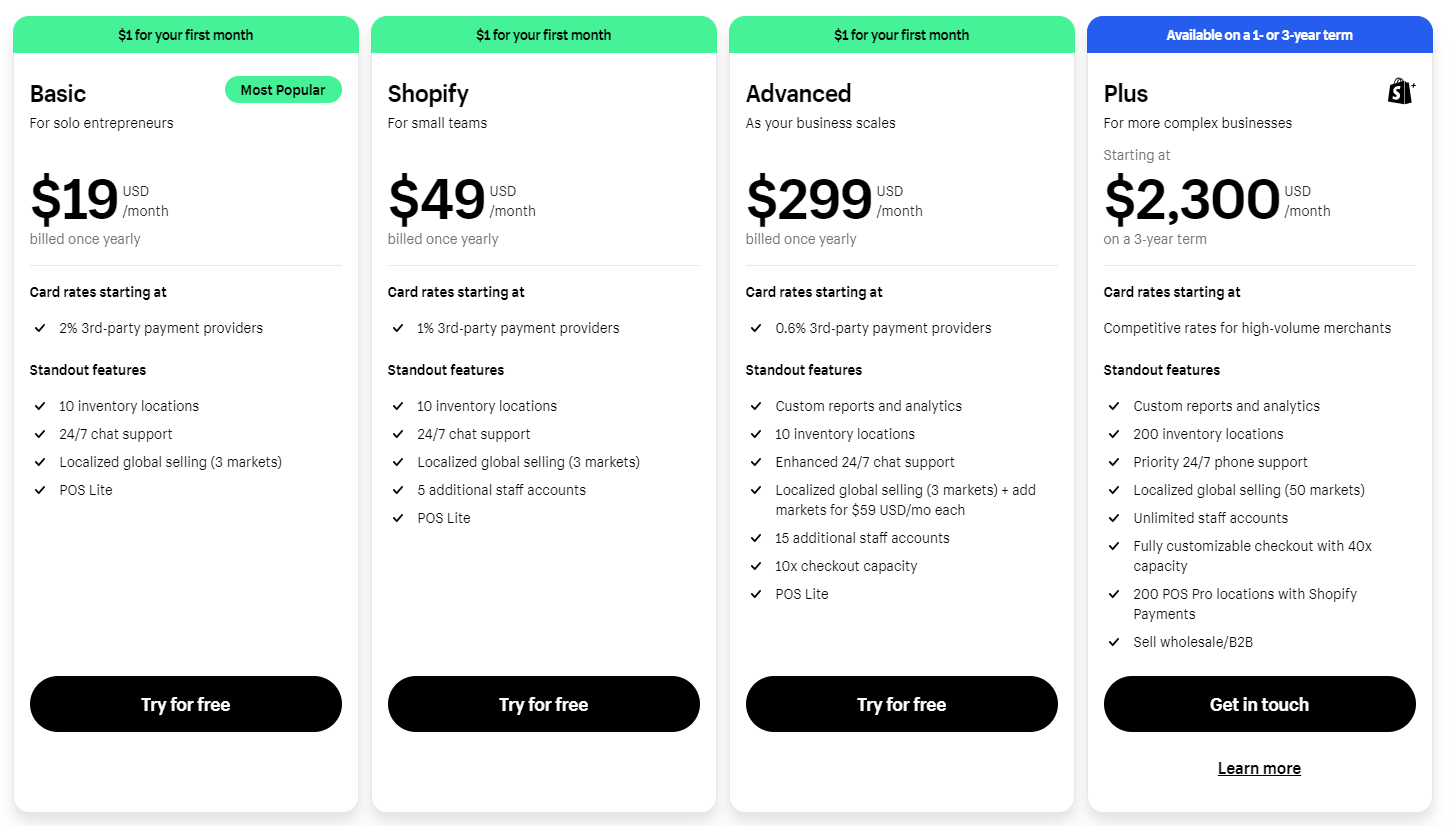
You need to know what range of bookkeeping pricing to expect when you run a business. Whether you intend to handle bookkeeping in-house or outsource the work, it’s one of those costs that can easily get out of hand is you’re not careful.
Why is Bookkeeping Important?
You need money to start a business and you need money to keep it going. The flow of cash too and from a business is the lifeblood of that business. However, many businesses, in their drive to reach their goals and scale, can overlook an important aspect to the success of any business – good financial management.
Bookkeeping is necessary for an organized financial state. When you are making sure your records are accurate, complete and up to date, this becomes foundational to maintaining organized business processes. From making sure your hires are paid on time to making sure you’re getting the money owed to you from customers, bookkeeping keeps you in-the-know about the financial state of your business.
Types of Bookkeeping
Basic Bookkeeping
The basics of bookkeeping involve 5 concepts: revenue, expenses, assets, liabilities, and equity.
Revenue – This is also popularly known as your income, or the amount your company earns through the business you conduct, be it selling products or offering services.
Expenses – If income is the money coming in, then expenses is the money going out, or the cost of running the business. These include employee payroll, utility and internet bills, other overheads, and costs unique to your industry.
Assets – This is anything useful or valuable to your business. This can be something physical, like your product inventory, equipment, appliances, other technology, and even tables and chairs. This also includes money in bank accounts and money that customers still owe you (accounts receivable).
Liabilities – This is anything that your business owes to another entity, like any loans or debts. For instance, your accounts payable balance shows the amount of money you owe to suppliers or creditors of your business.
Equity – This is the value left over when you deduct your business liabilities from your business assets. This can already give you an idea of the financial standing of your business.
Other terms include Debit – all money going into an account – and Credit – all money going out of an account. All transactions recorded as pertaining to your business will either be debits or credits.
Full-Service Bookkeeping
Full service or full charge bookkeeping is a type of bookkeeping that manages not only all of the regular bookkeeping duties but also some added accounting-related duties. This means a job with a lot more responsibility that requires more certification and education for the one holding the position.
On top of the regular bookkeeping duties, such as maintaining organized accounts, recording transactions, monitoring the flow of cash, maintaining a general ledger, invoice management, and payroll, full charge bookkeeper duties also include the following:
- Reconciling bank accounts
- Supervising a team of clerks
- Collecting information for scheduled audits
- Reconciling financial statements and tax returns
- Remitting taxes in areas of payroll, sales,, and income
While full-charge bookkeepers are qualified to perform some accounting duties, they’re not a replacement for a certified accountant. But they are better equipped to prepare books for easy handover to your accountant.
Can I Handle Bookkeeping for my Business Myself?

Anyone can learn how to manage their books. However, as your business scales, you may find yourself spreading yourself too thin trying to oversee other core business functions and take on the tasking duty of handling your books and staying compliant.
How Much Does It Cost to Hire an In-house Bookkeeper?
If you want to hire a full-time bookkeeper, their hourly salary rate can fall between $18-$23 with an annual rate hovering around $45,000. This is a big consideration if you are a small or medium business. And that’s not even including the cost of hiring an accountant.
Additionally, you also have to take overhead costs into account, such as employee benefits, payroll taxes, and the cost of the whole recruiting, interviewing, and hiring process.
How Much Does It Cost to Outsource to a Bookkeeping Firm?
Determining the costs of outsourced bookkeeping depends on the volume of transactions, which is why some bookkeeping services offer plans catered to certain business income ranges, and how complex your needs are. Others also offer custom pricing quotes and don’t have fixed pricing.
Small Businesses
The average for small businesses or startups typically ranges around $30-$50 monthly.
Medium Businesses
The monthly cost for medium-sized businesses floats around $50-$250.
Large Businesses
Outsourced bookkeeping costs for larger, established companies with much higher transaction volumes and more complex needs will be heftier. It can range from $2,500 to $5,000 per month.

What are the Pros and Cons of Hiring an In-House Bookkeeper VS Outsourcing to a Bookkeeping Firm?
In-house hiring practices have been the prevalent method for many years. But is the method that most companies are used to the best method for bookkeeping? Could outsourcing be the solution for you?
Let’s compare the benefits of in-house vs outsourced bookkeeping services.
1. Costs
As previously discussed, in-house bookkeeping can be more expensive than outsourced bookkeeping. Not only that, you usually get better value for your money with outsourced bookkeeping. Rather than accounting for a salary for an in-house bookkeeper and the overheads that come with that, you could pay for bookkeeping services from a firm that offers accounting services as well for a package deal price.
2. Work Quality: Training, Education, and Vetting
The hiring process for in-house professionals can be rigorous. If you want to ensure the candidates are up to standard in terms of education (including certifications), work experience, and a good track record with past clients, it will involve hours of screening and interviewing multiple applicants.
On the other hand, most outsourcing firms and platforms generally handle the vetting process of candidates when they apply to the platform. They know how much valuable time is spent on just trying to ensure the legitimacy of a candidate, and thus, this is one of the pros of outsourcing.
Aside from this feature, most outsourcing firms also ensure that their personnel receive continuous education on the latest methods and best practices within the industry. While an in-house bookkeeper may also go through similar ongoing training to maintain their excellence, this can be guaranteed through outsourcing firms.
3. Controls: Internals and Overseeing
In-house bookkeeping does give you an opportunity to work closer with your bookkeeper, and receive updates and reports on demand. However, a risk arises if you do not have more than one bookkeeper checking your books and reconciling accounts. If you do not have a system of checks and balances or multiple levels of reviews on your books to ensure accurate and fraud-free practices, you could end up in a bad spot. Of course, hiring someone trustworthy with a reputable track record is essential to prevent this, but multiple levels of bookkeepers also ensures that you are following every recommended protocol, recording all the information properly, and separating the duties to prevent any possibility of foul play.
With outsourcing, this risk is mitigated because companies usually already have a team of multiple people, running multiple checks, and taking multiple steps when preparing your financials. These firms also have a reputation to uphold, meaning they would be very careful while vetting personnel and managing your books. Most outsourcing firms advertise transparency because they know that this is something businesses are worried about when hiring outside services.
4. Financial Reporting
Financial reporting needs will vary depending on the industry of your business and its unique needs. The frequency of these reports will vary depending on factors such as the size of your business and number of transactions within a certain time frame. For in-house bookkeepers, their ability to deliver excellent, insightful, accurate reports rests on their skills and experience. The frequency at which they can deliver these reports also depends on the load of the work and their availability to do them on top of other essential financial management tasks. Typically, the more reports, the more precise idea of your business standing. This allows business owners to make crucial decisions regarding company direction.
When you outsource, you have a better chance of receiving reports on time, more frequently, and with fewer errors. When you have a more efficient reporting process informing your business decisions, you can bet that the other areas of your business operations will follow suit and become more effective.
Where Can I Find Reliable Bookkeepers for Less?
There are multiple outsourcing platforms and bookkeeping firms that you can hire from that have a good reputation for vetting hires, offering affordable solutions, and ensuring a fast replacement if the bookkeeper assigned to you is not the right one for you.
These include:

When Should I Hire Someone To Do My Bookkeeping?
Some companies move so fast and they end up falling behind on their books. Others spend too much time on their books that their business stagnates. It’s always a good idea to hire a bookkeeper when you’re spending so much time on financial management that it takes away from the tasks and processes that brought your business to success.
Conclusion
Your finances are important. Bookkeeping pricing does not have to break the bank, however. Just remember that this is a taxing and laborious process that can have you spending hours every week just trying to keep your books clean. Hire a service that offers reasonable bookkeeping pricing and get yourself extra professional help that you can afford.








